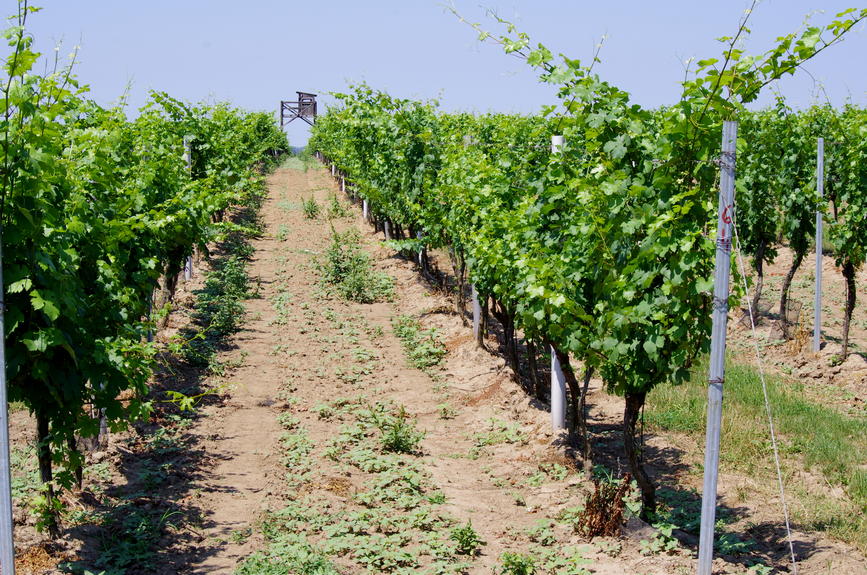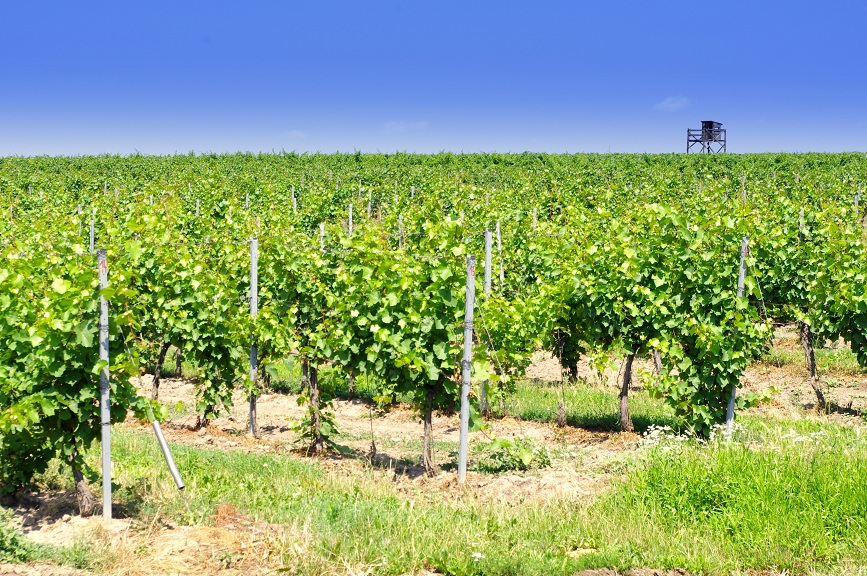Datenbank der Projekte zur ländlichen Entwicklung
Improving the Environment through Integrated Production of Grapevines
Summary
This project is designed to reduce vineyard pesticide costs. Funds released are invested in better protection of vineyards and modern technology. Negative impacts on the environment have been reduced and increased economic viability is expected.
Background
Kosík Winery is a family owned wine farm in South Moravia, (a traditional wine region on the border of the Czech Republic). The farm was established over 100 years ago and originally very small. Today it is a 17ha farm, which processes 100 tonnes of grapes and produces 80,000 litres of wine per annum. In 2009, Mr Kosik decided to switch from conventional to integrated production, responding to some customers’ interest in healthy food products and his personal belief of the importance to reduce the use of chemicals products in agriculture and protect the environment.
Objective
The main objective of the project is to switch from conventional to ‘integrated’ production in order to reduce the negative impact of agricultural practices on the environment. A specific objective is to adapt the production system and the farm to the rules established for integrated production.
Main activities
Aiming to reduce the use of chemical products, pesticides were replaced by biological means of plant protection. In order to meet the requirements of the scheme (in which the farmer participates), a maximum of 50 kg of nitrogen fertilizer can be applied per hectare and trees were planted every second row to prevent soil erosion and improve biological conditions for the vines. Furthermore, important renovation of the processing technology was required to meet the demands of integrated production.
Results & Benefits
The project is still on going, and initial results have been registered. These include a 50% reduction of production costs (due to the reduced use of pesticides). The farmer considers the results of the transition in his farming system to be positive. Negative impacts on the environment have been reduced, the quality of the wine produced has improved and also – expected in the longer term - the farm’s economic viability will be enhanced.
Lessons learnt
Integrated production is not well known in the Czech Republic and customers do not always appreciate the improved quality of the wine. Therefore a transition to integrated production will have a more positive reception in regions where consumers already trust it. Though concern for the environment is increasing and with this, the customers’ attention to buy more natural products. In the longer term, the transition of this farm and others is expected to be sustainable despite market doubts.
Project location and other information
Czech Republic - The South Moravian Region - villages Tvrdonice and Týnec,
Region
Jihomoravsky kraj
RDP Territory
Czech Republic
Total project cost (€)
43 095
EAFRD contribution (€)
34 475
National contribution (€)
8 620
Project website
Contact name
Cyril Kosík
Telephone
+420 608 760 954
Languages for contact
English, German, Czech
At a glance
Country
Czech Republic
Final beneficiary type
Individual farmers, Other
Budget range
< €20 000
Start date:
01/01/2009
End Date:
31/12/2014
Theme / Measure:
• Environment and Sustainable Resource Management
• Sustainable use of agricultural land
• 214. Agri-environment payments
Keywords:
Agri-environment, Integrated production, Soil management, Environmental impact, Wine
Last update
28/11/2013






